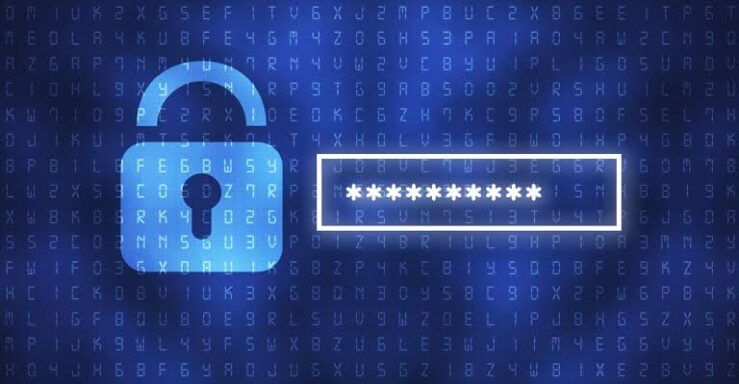Yesterday’s news hit like a digital earthquake. Over 16 billion login credentials were exposed in what cybersecurity experts are calling one of the largest data breaches in history, affecting accounts from Apple, Google, Facebook, and countless other platforms. If you’re wondering whether your passwords are floating around the dark web, here’s how to find out.
Start with Have I Been Pwned
Your first stop should be HaveIBeenPwned.com, created by security researcher Troy Hunt. Simply enter your email address, and it’ll tell you if your credentials appeared in any known breaches. The site checks against billions of compromised accounts from major incidents. It’s free, reliable, and doesn’t store your information.
Check Your Passwords Directly
Many browsers now offer built-in password monitoring. Chrome users can visit passwords.google.com to see if any saved passwords have been compromised. Safari users can check in Settings > Passwords > Security Recommendations. Firefox offers similar features through Firefox Monitor.
Use Your Password Manager’s Tools
If you’re using 1Password, Bitwarden, or LastPass, they include breach monitoring features. These tools continuously scan the web for your credentials and alert you immediately if something pops up. It’s like having a digital bodyguard for your passwords.
Also Read-: Here’s how to recover your Gmail password without a recovery email and phone number
What to Do If You’re Compromised
Don’t panic. Change the affected password immediately, starting with your most critical accounts like banking and email. Enable two-factor authentication everywhere possible. Consider this your wake-up call to finally use unique passwords for every account.
The Bottom Line
With cybercriminals having “unprecedented access to personal credentials,” checking your password security isn’t paranoia—it’s essential digital hygiene. Take five minutes today to run these checks. Your future self will thank you when you’re not scrambling to secure compromised accounts.


